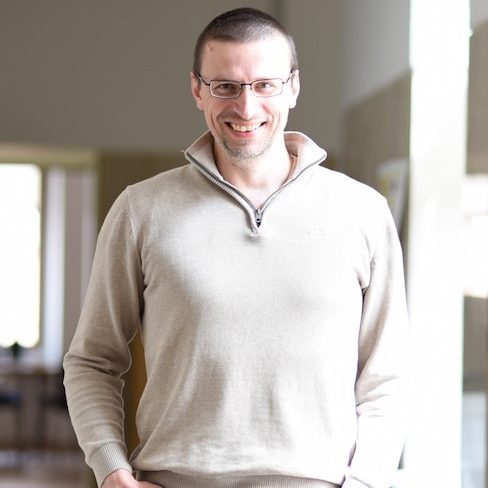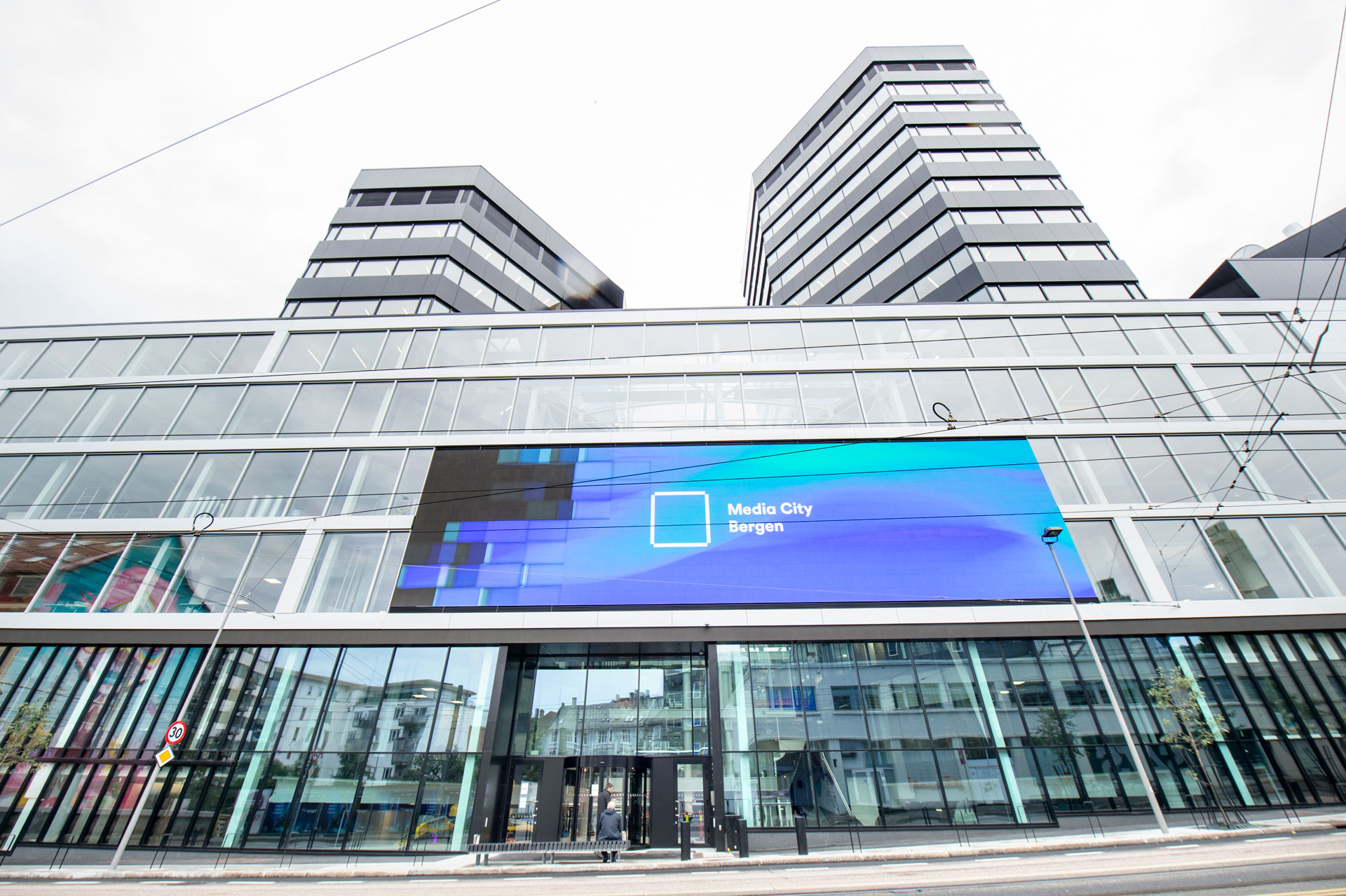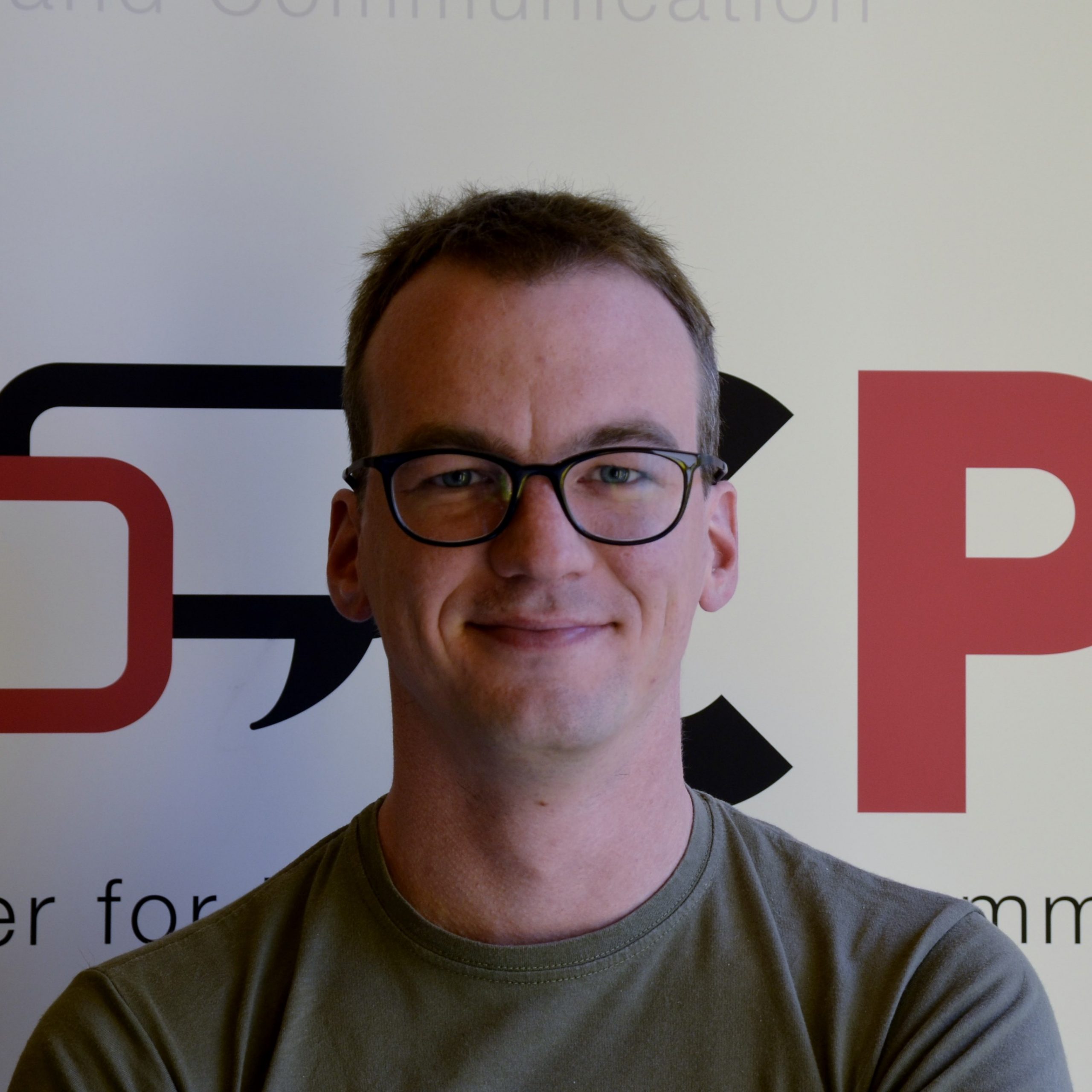-
-

Seminar: AI in the social sciences AND a taxonomy of fake news: Two research themes. Rich Ling, Nanyang Technological University, Singapore.
OnlineABSTRACT: In this talk, Rich Ling will examine the role of AI in social science research. In addition, he will examine a taxonomy of fake news. In the case of AI in the social sciences, Ling will examine how this technology is emerging as a new tool that will eventually shape social science research in the coming years. When considering fake news, Ling will review how this phenomenon has been seen over the past decade and how researchers have approached it.
-

Seminar: Computational Psychology in Recommender Systems, Marko Tkalčič, University of Primorska (Slovenia).
OnlineABSTRACT: Recommender systems are systems that help users in decision-making situations where there is an abundance of choices. We can find them in our everyday lives, for example in online shops. State-of-the-art research in recommender systems has shown the benefits of behavioural modeling. Behavioural modeling means that we use past ratings, purchases, clicks etc. to model the user preferences. However, behavioural modeling is not able to capture certain aspects of the user preferences. In this talk I will show how the usage of complementary research in computational psychology, such as detection of personality and emotions, can benefit recommender systems.
-

Seminar: Exploring media experience: why is it important to media innovation? Irene Costera Meijer, Vrije Universiteit Amsterdam
OnlineABSTRACT: In today’s world, innovation appears to have replaced quality as the dominant concept in metajournalistic discourse. Innovation guards the distribution of financial resources - more investments in technology - and working conditions –more freelance journalists as a flexible workforce. Innovation also works as a distinctive mark of professional status and is at the center of antagonistic labor relations – e.g. the introduction of robot journalism.
The shift from quality discourse to innovation discourse involved a change in the journalistic perception of audiences: from being irrelevant (if not a negative concern) to being main targets.
Although the question of how to reach audiences seems to be still dominant, news organizations appear to become more open and sensitive towards finding out how to become valuable to audiences, how to open up their minds, how to broaden their horizon, and how to provide them with a quality experience that will enlighten them with reliable information considered worthwhile.
In this talk I will answer the question how innovation discourse and quality discourse may meet by focusing on what audiences experience as valuable journalism. I will demonstrate how it crystallized over the years into three key experiences: Learning something new, Getting recognition and Increasing mutual understanding.
-

Workshop on trust and distrust in news
OnlinePROGRAM:
10 min: Welcome and introduction
10 min: Irene Costera Meijer – How young people (18-34) and older people (45 +) differ in the way they deal with experiences of trust and distrust.
10 min: Erik Knudsen – Understanding trust in the media and its determinants.
30 min: Discussion – what role does news media trust play in MediaFutures? -
-

Seminar: Natural Language Generation, Automated Journalism and Finding the Middle Road
OnlineMediaFutures is pleased to announce that Leo Leppänen, who is a computer science doctoral student at the Discovery Research Group of University of Helsinki, Finland will be giving a seminar on the topic of natural language generation.
-

MediaFutures Annual Meeting
Passed
-
-
-
-
-

CEDAS & MediaFutures Joint Seminar: Knowledge Graph: Exploring Reasoning and Learning with Jeff Z. Pan
OnlinePlease join the Center for Data Science (CEDAS, UiB) and MediaFutures for an invited talk by Dr. Jeff Z. Pan from the School of Informatics at The University of Edinburgh, about the topic of Knowledge Graphs. TITLE: Knowledge Graph: Exploring Reasoning and LearningWHEN: 11 November, 13:00-14:00WHERE: https://uib.zoom.us/j/66264523995?pwd=V0RCd3l4NHNkSHpBRzlXZzl0RDEwdz09 Abstract: The topic of large scare knowledge representation […]
-

MediaFutures Seminar: Translating Educational Data into Meaningful Practices: Insights from the field of Learning Analytics. Mohammad Khalil.
OnlineMohammad Khalil, senior researcher at UiB Centre for the Science of Learning & Technology (SLATE), will give a seminar on 25 November, at 12:00. TITLE: Translating Educational Data into Meaningful Practices: Insights from the field of Learning AnalyticsWHEN: Thursday 25 November, 12:00-13:00WHERE: https://uib.zoom.us/j/63125529816?pwd=OTc0MStQYUczTkEzTXVRZTlBYUpyQT09Meeting ID: 631 2552 9816Password: 8U0vAVAy ABSTRACT: Since the last decade, higher education […]
-

MediaFutures Seminar: Platform provenance analysis for digital images. Assistant Prof. Cecilia Pasquini.
OnlineCecilia Pasquini, Assistant Professor at the University of Trento, Italy, will give a seminar on 26 November, at 12:00. TITLE: Platform provenance analysis for digital images. WHEN: Friday 26 November, 12:00-13:00 WHERE: https://uib.zoom.us/j/61463829083?pwd=UmpxU3AwY0JFWDZITWppWkcxWlZTUT09 Meeting ID: 614 6382 9083 Password: 65UPcP4H ABSTRACT: The forensic analysis of image and video data that have been shared through social […]
-
-

MediaFutures Seminar: Modeling News Flows: How Feedback Loops Influence Citizens’ Beliefs and Shape Societies. Assoc. Prof. Damian Trilling.
Damian Trilling, Associate Professor at the University of Amsterdam, will give a seminar on 2 December, at 12:00. TITLE: Modeling News Flows: How FeedbackLoops Influence Citizens' Beliefs and Shape SocietiesWHEN: Thursday 2 December, 12:00-13:00WHERE: Zoom : https://uib.zoom.us/j/62205578637?pwd=azNkZ21UY3V6cE5KYTVJRGxmclZOQT09#successMeeting ID: 622 0557 8637Password: YT2sX3MZ ABSTRACT: In both public and scientific debates, many worry that the architecture of […]
12 events found.


